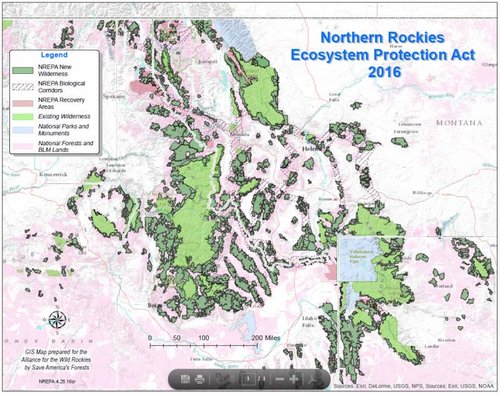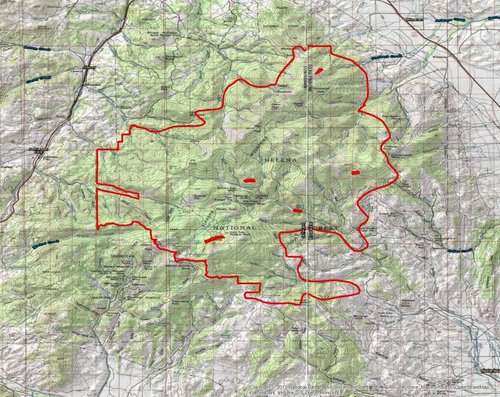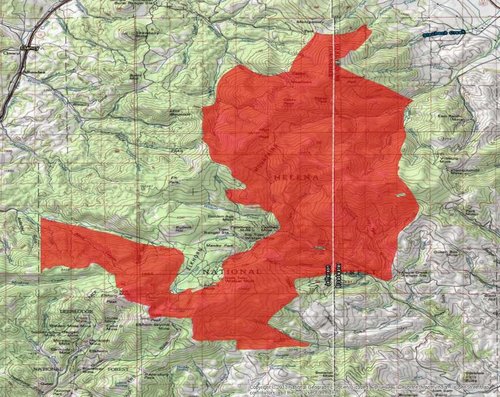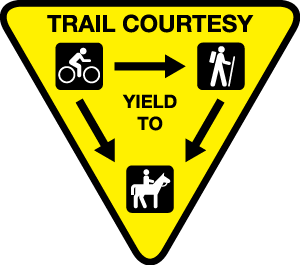MinnesotaHunter
Well-known member
I am really interested to hear some educated thoughts on this. From my very topical understanding, This looks like it create some consternation for the NR hunter in WY, especially one who would like to chase elk in the Bighorns, or deer in Region G.
http://www.bozemandailychronicle.com/news/environment/ambitious-wilderness-bill-introduced-in-senate-for-first-time/article_f820a032-40df-5bf7-bea8-4666310af8ad.html
http://www.bozemandailychronicle.com/news/environment/ambitious-wilderness-bill-introduced-in-senate-for-first-time/article_f820a032-40df-5bf7-bea8-4666310af8ad.html








